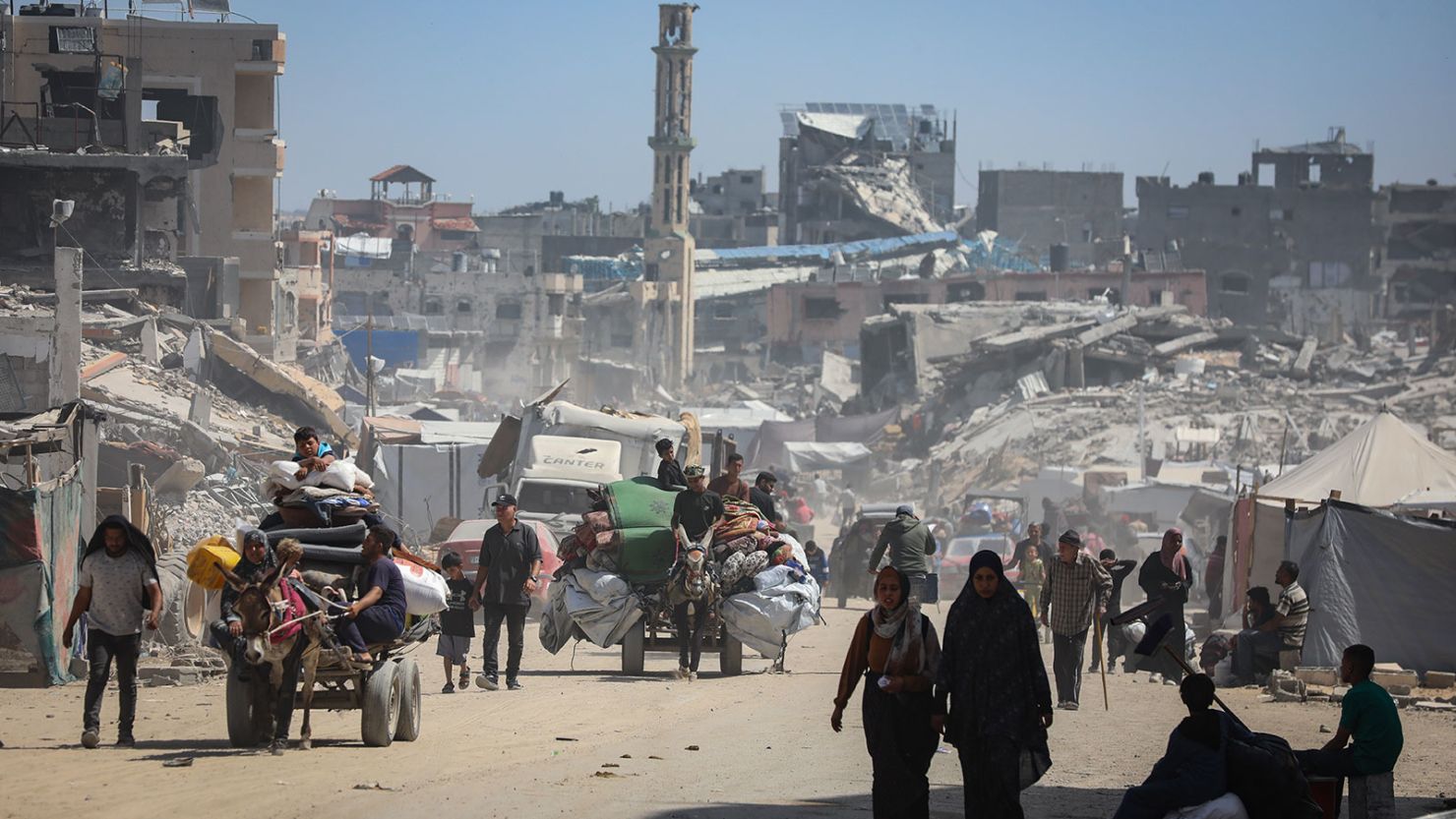Gonda Perez, now 69, still remembers the day when South Africa’s apartheid regime bombed a refugee camp in Lusaka, Zambia, in the mid-1980s. At the time, she was a dentist working at a local hospital and vividly recalls the horrifying scenes as victims were brought in on trucks serving as makeshift ambulances. Perez, who was living in exile after fleeing South Africa in the 1970s for her political activities as a member of the African National Congress (ANC), described the injuries as devastating, with one man bleeding profusely from what appeared to be a ruptured artery. The South African Defence Force (SADF) claimed it had intended to strike members of Umkhonto we Sizwe (MK), the ANC’s military wing fighting against white minority rule. Instead, civilians bore the brunt of the assault, a pattern Perez says was repeated many times across southern Africa as the apartheid regime conducted raids and airstrikes in neighboring states under the pretext of eliminating “terrorist threats.”
Today, observers are drawing striking parallels between those apartheid-era cross-border attacks and Israel’s ongoing military operations in the Middle East. Last week, Israeli strikes in Doha, Qatar, intended to target senior Hamas leaders, instead killed Khalil al-Hayya’s son, Humam, along with aides, bodyguards, and a Qatari security officer in a residential area populated by schools, embassies, and supermarkets. The timing of the attack was particularly controversial, as Qatar was playing a central role in mediation efforts aimed at securing a ceasefire in Gaza. Israel’s war on Gaza, now in its second year, has killed more than 65,000 people, with a United Nations inquiry and scholars declaring the campaign an act of genocide. Over a 72-hour period this month, Israel expanded its operations beyond Gaza, striking Yemen, Syria, Lebanon, Tunisia, and Qatar while continuing deadly assaults in the occupied West Bank.
Analysts note the resemblance between Israel’s current military approach and South Africa’s strategy during apartheid. In the 1970s and 1980s, South Africa launched numerous attacks on countries such as Angola, Namibia, Zambia, Zimbabwe, Botswana, and Mozambique, claiming these incursions were necessary to neutralize ANC leadership and liberation movements given refuge by “front-line states.” Civilian casualties were common, as intelligence failures and indiscriminate assaults left devastation in their wake. Similar to Israel’s justification today, apartheid South Africa branded its regional enemies as terrorists, securing diplomatic and military support from Western powers, particularly the United States.
The historic connections between apartheid South Africa and Israel are not coincidental. Both states were established in 1948, both advanced an ethnonationalist ideology, and both framed themselves as Western outposts in regions they depicted as hostile. Scholars point out that Israel drew inspiration from South Africa’s racial segregation policies, including the creation of “Bantustans” to confine Black South Africans. These became the model for the fragmented Palestinian enclaves in the occupied West Bank. At the same time, South Africa and Israel forged deep military and economic ties. In 1975, they signed a secret security agreement that strengthened two decades of close cooperation, with South Africa supplying mineral wealth and Israel providing military technology.
The partnership extended into nuclear collaboration, with reports suggesting South Africa allowed Israel to test nuclear weapons in the Indian Ocean in 1979, a claim Israel denies. Former Israeli ambassador to Pretoria, Alon Liel, later admitted there was an “intimate” connection between the two states’ security establishments, including Israeli officers advising South Africa’s military in Angola during the Cold War. These ties helped apartheid South Africa to launch destructive wars in neighboring states, fueling civil conflicts in Angola and Mozambique where over 1.5 million people died between 1980 and 1988 from direct combat, disease, famine, and the collapse of health services.
The economic toll of this regional destruction was staggering, exceeding $60 billion in infrastructure losses, much of it caused by South African-backed rebel movements like RENAMO in Mozambique and UNITA in Angola. These wars were part of the broader Cold War struggle, with Cuba and the Soviet Union backing liberation movements while South Africa and its allies, including the United States, propped up reactionary forces.
For many in Africa and beyond, the echoes of that dark era are unmistakable when watching Israel’s widening campaign of targeted killings, bombings, and cross-border strikes. Just as apartheid South Africa used overwhelming military force to suppress liberation struggles and maintain its hold on power, Israel today is deploying similar tactics against Palestinians and neighboring states while facing accusations of genocide and violations of international law. The parallels serve as a reminder that militarized ethnonationalist regimes, whether in Pretoria in the 1980s or in Tel Aviv today, often justify their actions as security measures, but history records them as brutal campaigns of domination that leave a trail of devastation, resistance, and enduring calls for justice.













Leave a comment